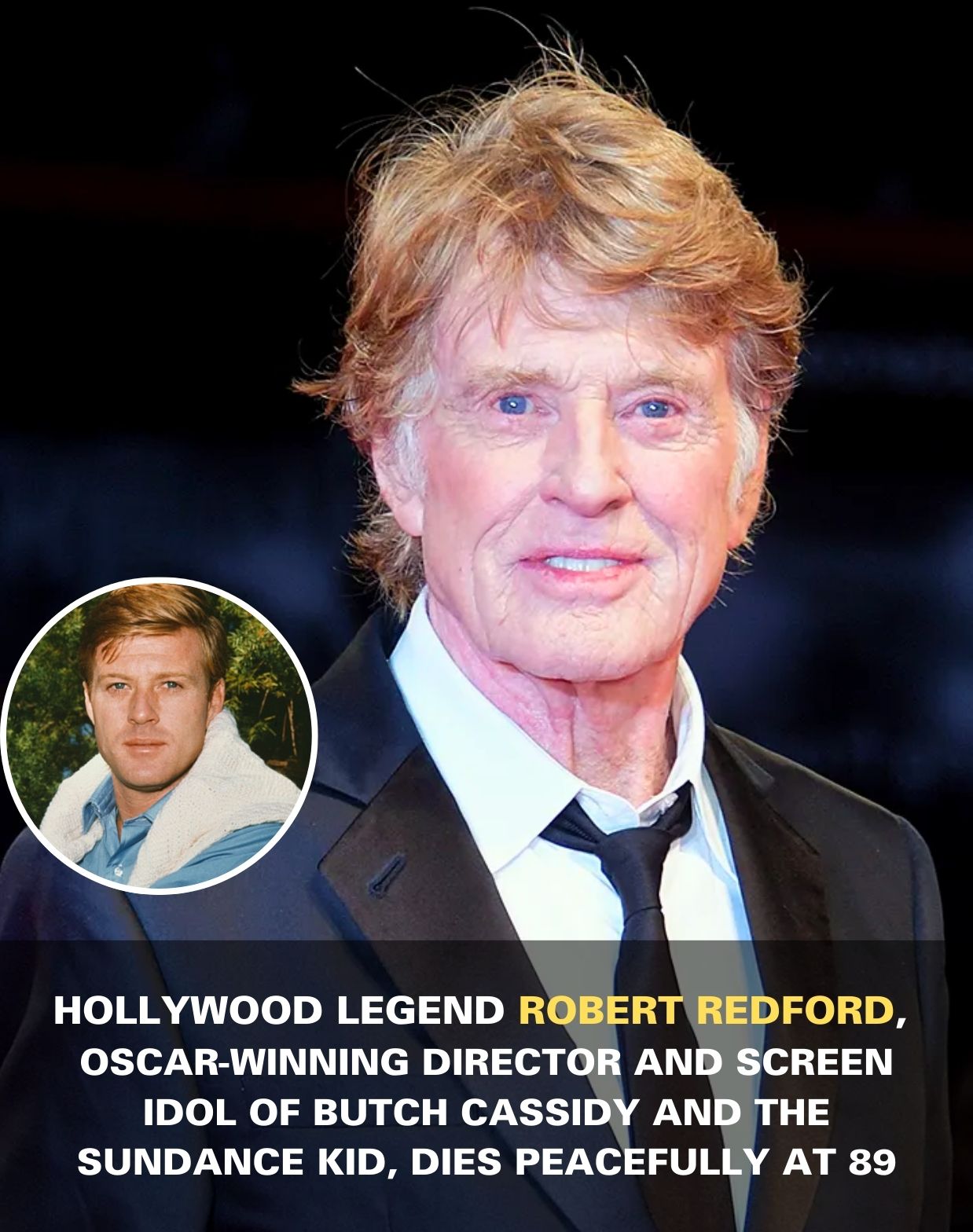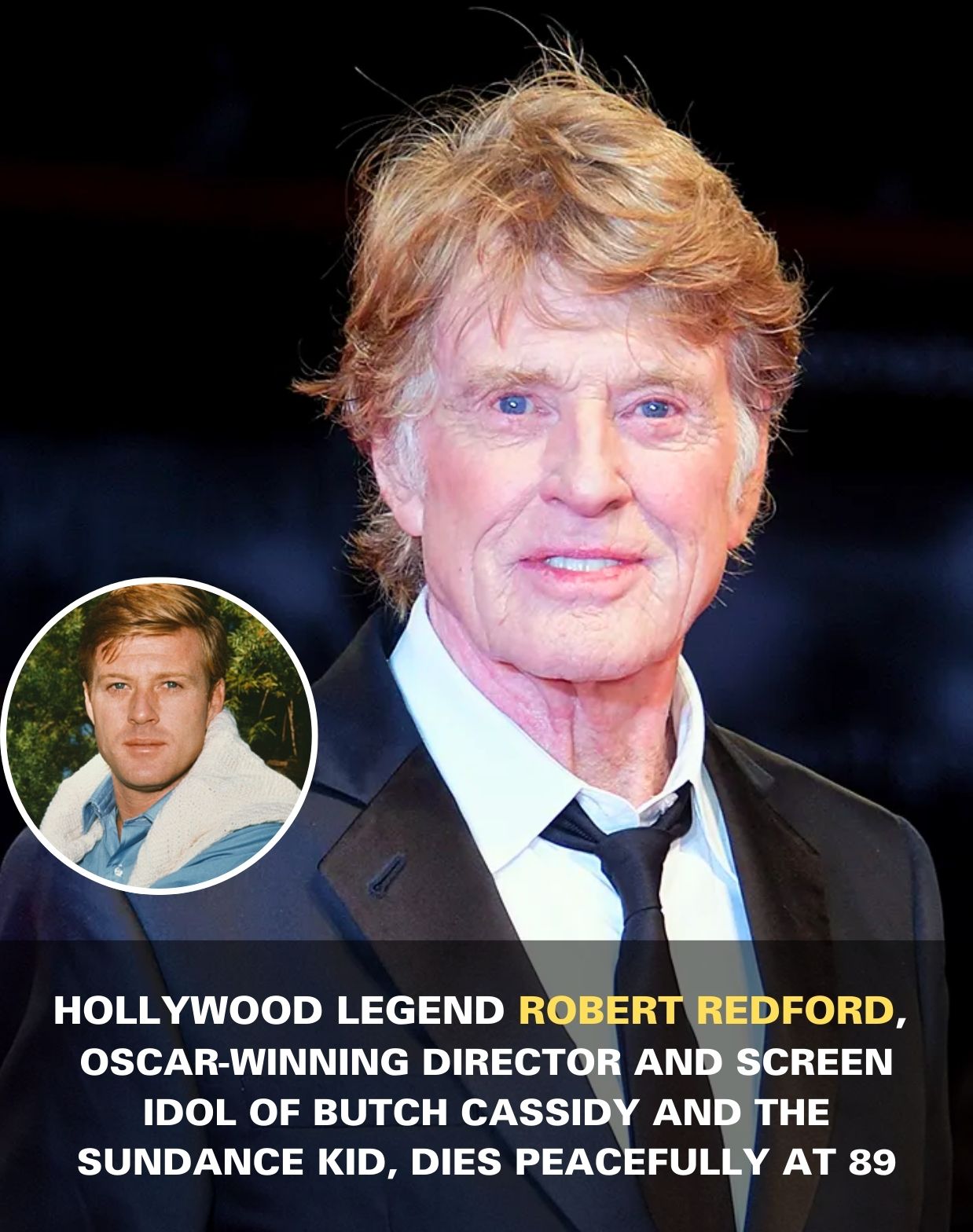
Robert Redford, the Oscar-winning director and screen idol of Butch Cassidy and the Sundance Kid, has died peacefully at his home in Provo, Utah. He was 89.
He arrived as a young actor and left as an architect of modern cinema. For more than six decades he acted, directed, campaigned for the environment and built a home for independent film. Millions knew him as the Sundance Kid. Filmmakers knew him as a patron and a challenger.
His rise was not tidy. Born Charles Robert Redford Jr. in California, he lost a chance at a baseball career and turned to the arts. Early television and stage work led to movies. Barefoot in the Park gave audiences a first glimpse. Butch Cassidy and the Sundance Kid and The Sting made him a global star. Roles in The Way We Were, All the President’s Men and Out of Africa showed range and seriousness. Then he stepped behind the camera. Ordinary People earned him the Academy Award for Best Director and proved he could shape story as well as perform it.
Redford never stopped pushing. He founded the Sundance Institute and the Sundance Film Festival in Utah not as a monument but as a workshop and a home. What began as a small gathering grew into the beating heart of independent cinema. Directors who once waited in long festival lines now owe part of their path to the platform he created. Quentin Tarantino and Chloe Zhao are among those who walked through doors Redford helped open.
Don’t look at your career as anything that’s gained momentum over time. Just keep going forward and focus on the future — Robert Redford, Oscar-winning director and actor
He mixed art and action. He campaigned for conservation and used his profile to speak about political transparency. He believed storytelling and stewardship were linked. That belief shaped the Sundance Institute’s mission and his own public life. He pressed for films that questioned power and lifted quiet voices.
Colleagues and friends remember a man who could be both private and fiercely public in his commitments. He mentored young directors. He backed risky films. He argued that audiences deserved honesty. The festival he built became a testing ground for new work and new ways to find an audience outside the studio system.
He built a home for bold storytellers and then opened its doors to the world — James Miller, Executive Director, Sundance Institute
His influence rippled beyond cinema. Redford’s conservation work fought to protect wild places that mattered to him. He believed that beauty and memory were worth defending. In interviews he linked the act of making a film to the act of caring for a place. His voice on those issues was steady until late in life.
At times he surprised even his closest colleagues. He once said he did not believe in looking back. He urged others to move forward. That restless energy kept him relevant to new generations. He mixed the outlaw and the romantic, the journalist and the captain adrift. Each role held a truth that audiences felt.
Tributes poured in from around the world. Actors, directors and critics recalled a generous collaborator and a thoughtful leader. The stage he left is vast. It reaches from big-studio classics to the small theaters where new work takes its first breath. Every young filmmaker who debuts at Sundance walks into a place Redford made, into a room that still carries his insistence that art must take risks. When they turn on the lights for a late-night screening, they are stepping into his shadow, and into a silence that is already—
